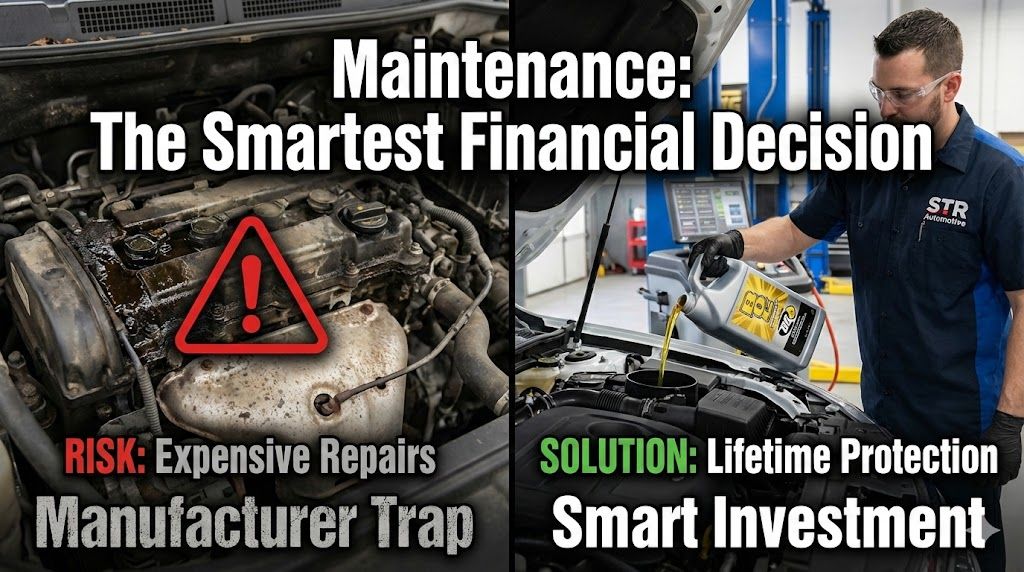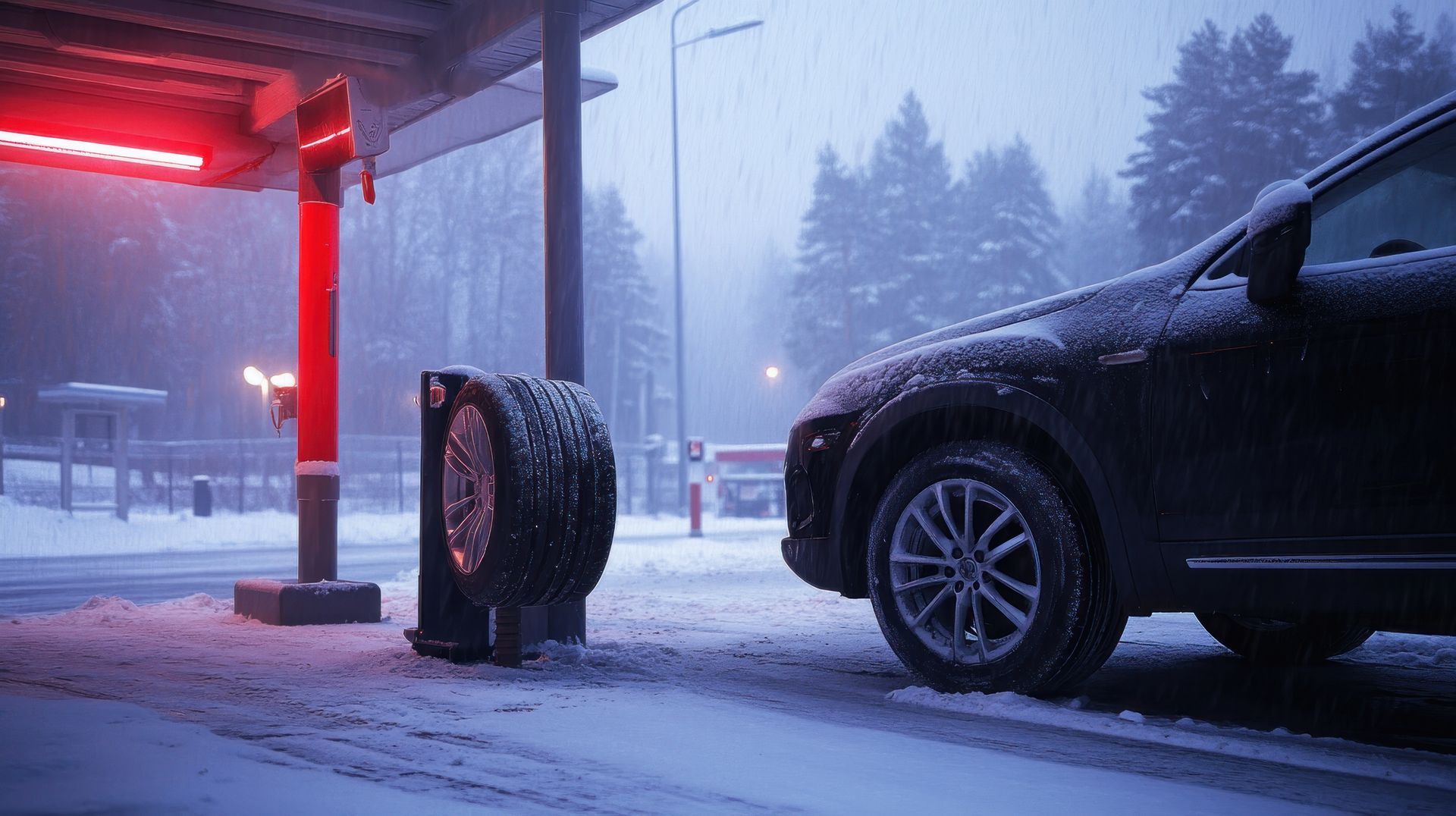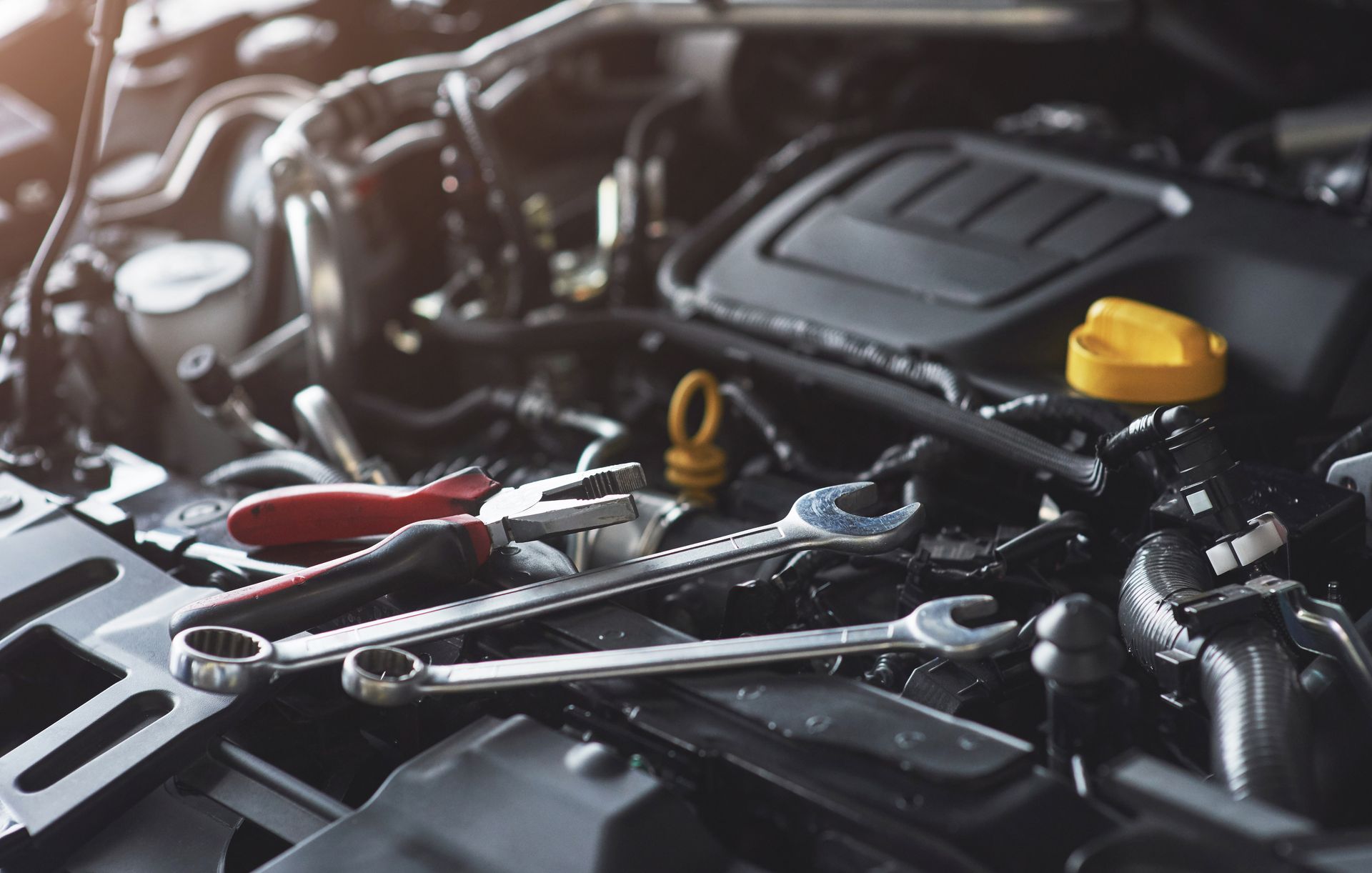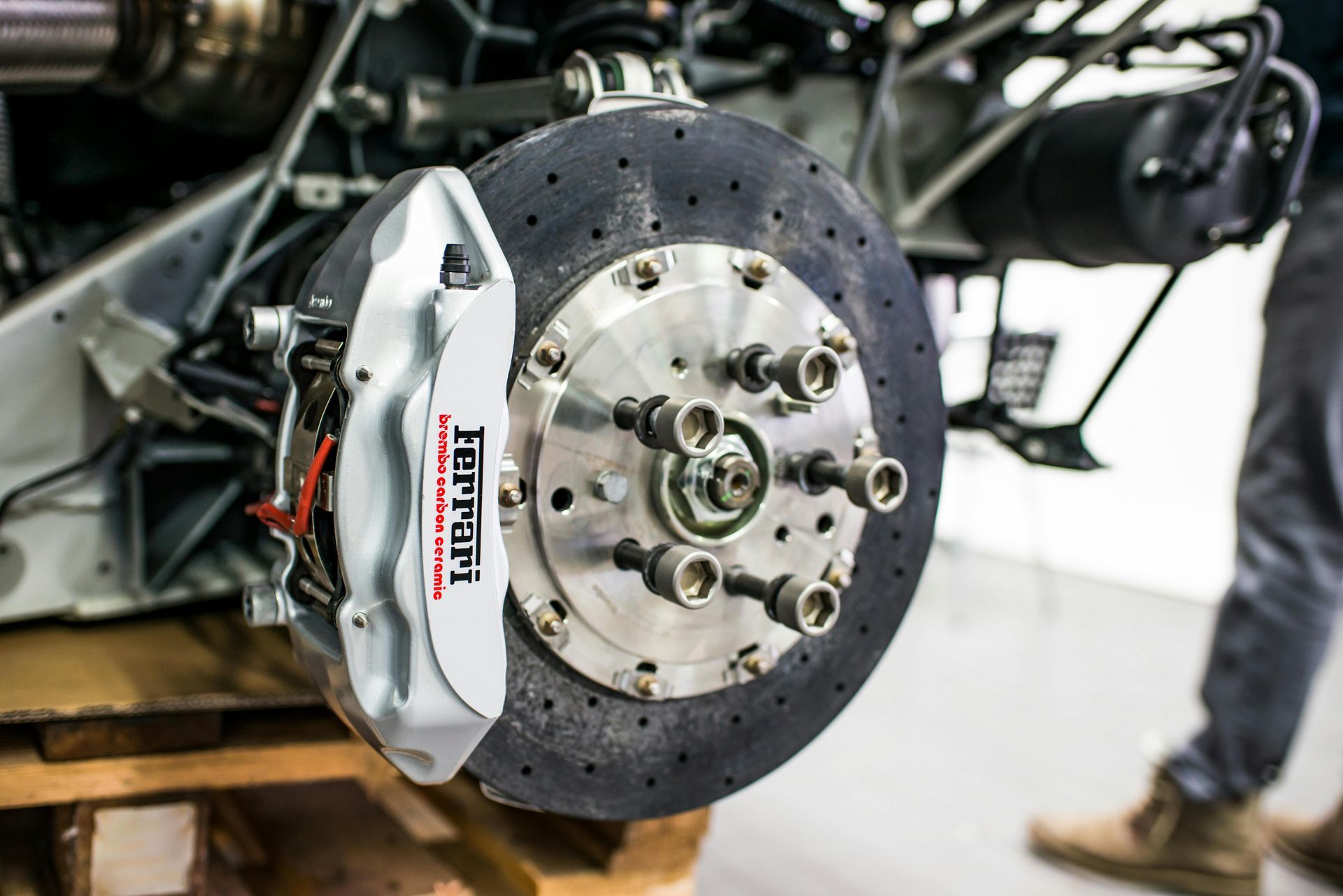Our Blog

At STR Automotive, we have noticed a significant shift in the last year. We are seeing a worrying trend: many vehicle owners are postponing routine maintenance to focus only on immediate, broken-fix-it repairs. We understand why. Between inflation, rising prices, and general economic uncertainty, everyone is feeling cautious. It is natural to want to delay anything that feels "optional." But here is the hard truth: Maintenance isn't optional—it’s financial protection. With new car prices higher than ever, the smartest financial decision for most families is to maximize the life of the vehicle currently sitting in their driveway. The "Manufacturer Interval" Trap Many customers ask us why STR recommends service intervals that are different from what is in their owner’s manual. The answer is simple: Incentives . Manufacturers are in the business of selling cars. By extending maintenance intervals (like 10,000-mile oil changes or "lifetime" transmission fluid), they can advertise a lower "cost of ownership." The catch? These intervals are designed to get the vehicle through the warranty period. Once that warranty expires and long-term wear causes a failure, the cost becomes entirely your problem. The Difference Between "Standard" and "Protected" This brings us to the solution. If we know the manufacturer's schedule is often just the bare minimum to get you through a warranty, then relying on standard, generic fluids is not enough to protect your investment for the long haul. To truly extend the life of your vehicle, we don't just change when we service it; we have to upgrade what we put into it. Why We Use BG Products At STR, we don't cut corners on chemistry. We exclusively use BG Products for our fluid exchanges. BG is widely recognized as the industry leader, used by nearly every major manufacturer because their chemistry is proven to clean, protect, and restore your vehicle’s systems better than anything else on the market. The Lifetime Protection Advantage Because BG products are so effective, they back them up with the Lifetime BG Protection Plan. When you follow the BG maintenance schedule with us, you aren't just changing fluids—you are earning an added layer of warranty protection against mechanical failure. It is essentially an extra insurance policy for your engine, transmission, and cooling system, provided at no extra cost to you just for maintaining your car correctly. Learn more about the Protection Plan here: https://www.bgprod.com/programs/lifetime-bg-protection-plan/ A Warning on "Cheap" Alternatives You will almost certainly find competitors offering services with similar names at a lower cost. We urge you to look closer at what you are actually buying. A lower price often means: Inferior Products : Generic fluids that lack the protective additives your modern engine requires. Untrained Staff : "Lube techs" rather than career-focused technicians who understand the science of your vehicle. Inferior Equipment : Tools that only drain a fraction of the old fluid rather than performing a complete exchange. At STR, we invest in the best training, the best tools, and the best chemistry because Customers are Family. We would rather explain the price of quality today than apologize for the cost of a preventable failure tomorrow. Let’s Protect Your Investment If you have been putting off maintenance, we encourage you to reconsider. In a time when everything feels uncertain, a reliable, paid-off vehicle is one of the best assets you can have. Our Commitment to You : Our customers are like family, and we want your vehicle to stay in top shape for years to come. That’s why every time you bring your vehicle to us, we include a comprehensive STR Report at no additional cost. This is not a quick look-over. It includes a full Service Evaluation, Test Drive, and Routine Maintenance Check . We take the guesswork out of your vehicle’s health by: Researching History: We review your vehicle’s CarFax service history to identify maintenance that is overdue according to manufacturer guidelines and our own stricter protection schedule. Testing Fluid Condition: We don't just look at the dipstick; we use specialized equipment to test the chemical condition of your fluids, verifying if they are still protecting your engine or if they have broken down.
Fluid flushes at STR Automotive, Mooresville, NC, keep your vehicle in top shape. Enhance performance and longevity with our expert services. Call us today!
Expert cooling system tips by STR Automotive in Mooresville, NC. Enhance car performance & longevity. Schedule an online appointment now!
Comprehensive brake repair services at STR Automotive in Mooresville, NC. Ensure your safety with expert car care. Schedule an appointment today!
Discover expert computer diagnostics at STR Automotive in Mooresville, NC. Learn how we keep your car running smoothly. Schedule an appointment today!
Discover expert wheel alignment services at STR Automotive in Mooresville, NC. Enhance your vehicle's performance. Schedule an online appointment now!
Stay cool in Mooresville, NC, with expert air conditioning repair by STR Automotive. Your comfort is our mission. Schedule an online appointment now!






